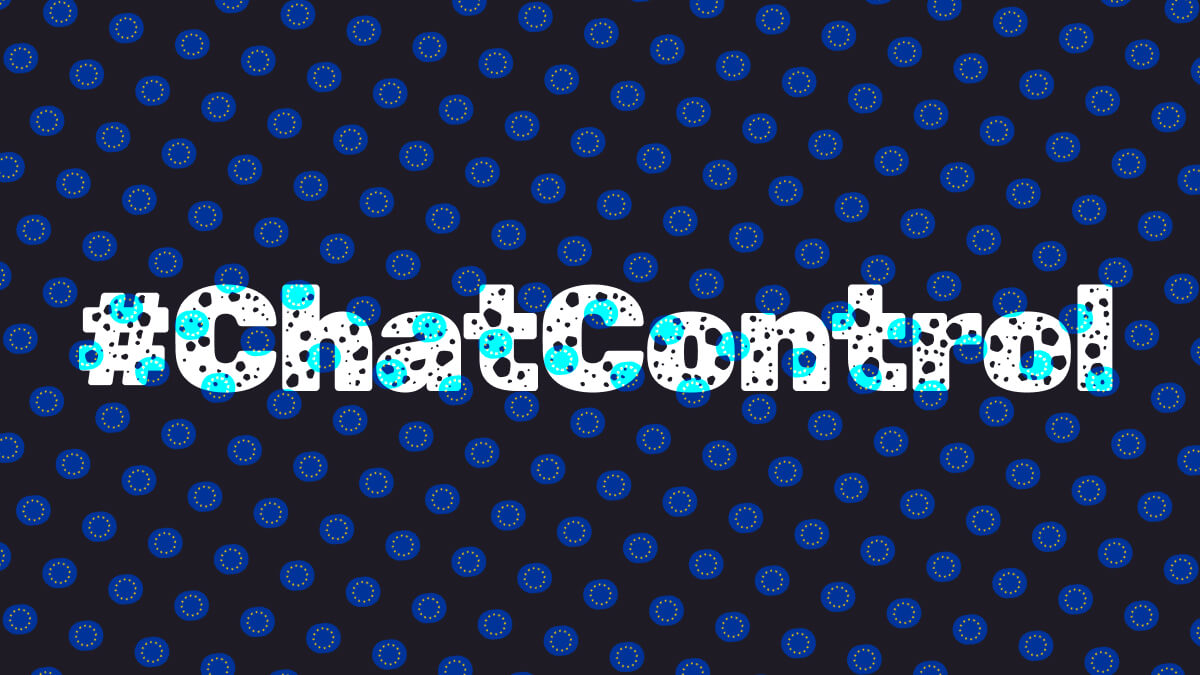The Danish EU presidency has withdrawn plans to bring a vote next week on its controversial “chat control” proposal, citing insufficient support among member states. The vote had been scheduled for October 14. The decision was reported by German broadcaster Deutschlandfunk and Austrian public service media ORF.
Ambassadors from EU member states convened in a preparatory meeting last night to assess positions ahead of the vote. The meeting concluded that the number of countries willing to oppose the measure remained high enough to form a “blocking minority.” Since the proposal required a “qualified majority” — at least fifteen states supporting and representing 65% of the EU population — the Danes chose to abandon the vote.
In recent years, similar proposals under previous EU presidencies (Belgium, Poland, Hungary) also failed to secure enough backing. The Danish presidency likewise decided to cancel the vote in light of ongoing opposition.
What the proposal would have done
Under Denmark’s draft, all messaging services operating within the EU would be required to monitor or scan user chats for illegal content, including child sexual abuse material (CSAM). This scanning would extend even to communications protected by end-to-end encryption, meaning detection tools would have to run at the device level before encryption. The intention was to allow authorities to detect illicit content proactively.
If the Council had approved the measure, the European Commission and the European Parliament would start formal negotiations to finalize a binding regulation.
Germany’s decision not to back the Danish text played a critical role in blocking the proposal. The German Christian Democratic Union (CDU) publicly announced opposition to the measure, citing concerns over privacy and encryption. Other states, including Luxembourg, had also shifted toward opposition prior to the planned vote.
In the lead-up to the vote, many digital rights groups and civil society organizations criticized the plan as overly invasive and a threat to private communication.
What happens next
With the vote shelved, the Danish presidency’s “chat control” proposal is now stalled. However, the idea may resurface under a future EU presidency. Unless the core objections — especially risks to encryption and privacy — are addressed, the measure may continue to fail to muster the required support.
Meanwhile, campaigners call for the European Commission to abandon the proposal altogether. Patrick Breyer of the German Pirate Party asserted that “the Commission must permanently withdraw this irreparable proposal,” noting its repeated failures to pass in the Council.







